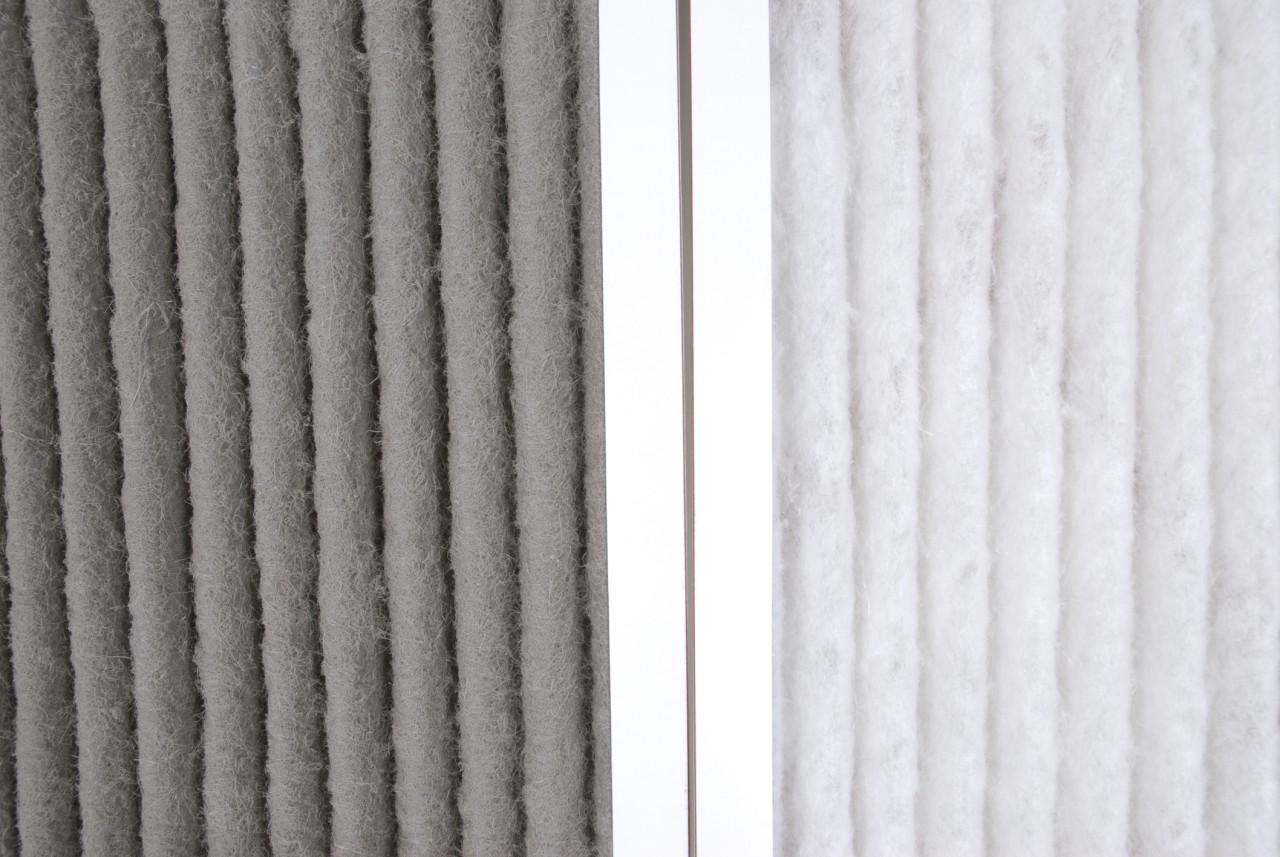Proper Air Conditioning & Air Filter Maintenance Will Help Your Avoid Costly Repairs
Though we offer a wide range of services as an air conditioner repair company serving the Greater Puget Sound and beyond, it's one of our cheapest and least labor-intensive services that will often make the biggest difference: our air filter replacement program that delivers a new filter to your doorstep every 90 days.
We know even for the most responsible homeowners in Bellevue, WA, and the surrounding areas, HVAC air filters are likely the last thing on their minds, and we don't blame them! They're meant to go unnoticed if they're doing their job well. However, failing to replace them often will result in even the best systems underperforming or breaking down prematurely.
SEE MORE: Why is My Air Conditioning Not Blowing Cold Air?
Why An Air Filter Replacement Is So Important
Simply committing to changing your air filter at regular intervals will dramatically increase your HVACsystem’s performance, help you avoid costly air conditioning repairs, and boost your overall comfort. Below are two key reasons why air filter replacements are so important:
- Ensure Better HVAC System Performance: Over time, filters accumulate dirt and debris. A clogged filter reduces airflow, meaning your system needs to work harder and longer to maintain ideal temperatures. Not only does that mean increased energy use, but this constant strain will cause ongoing issues and could cause a system breakdown.
- Improve Your Indoor Air Quality: A clogged filter won't be able to trap dust, dirt, pollen, and other pollutants. This could have serious effects on your health, especially if you have people in your home who struggle with asthma or allergies. Plus, as dirt accumulates on your furniture, it could result in mold, bacteria, or dust mites.
How Often Should You Replace Your Filters?
You should hange your air filters every 1-3 months. The frequency will depend on the type of air filter you use (more on that below), whether you have pets or allergies requiring more frequent replacements, and if there are heavy-usage or dusty environments that would cause the filter to reach the end of its lifetime quicker. If you're unsure, we recommend checking the filter between scheduled replacements to see if it's clogged with dust.

